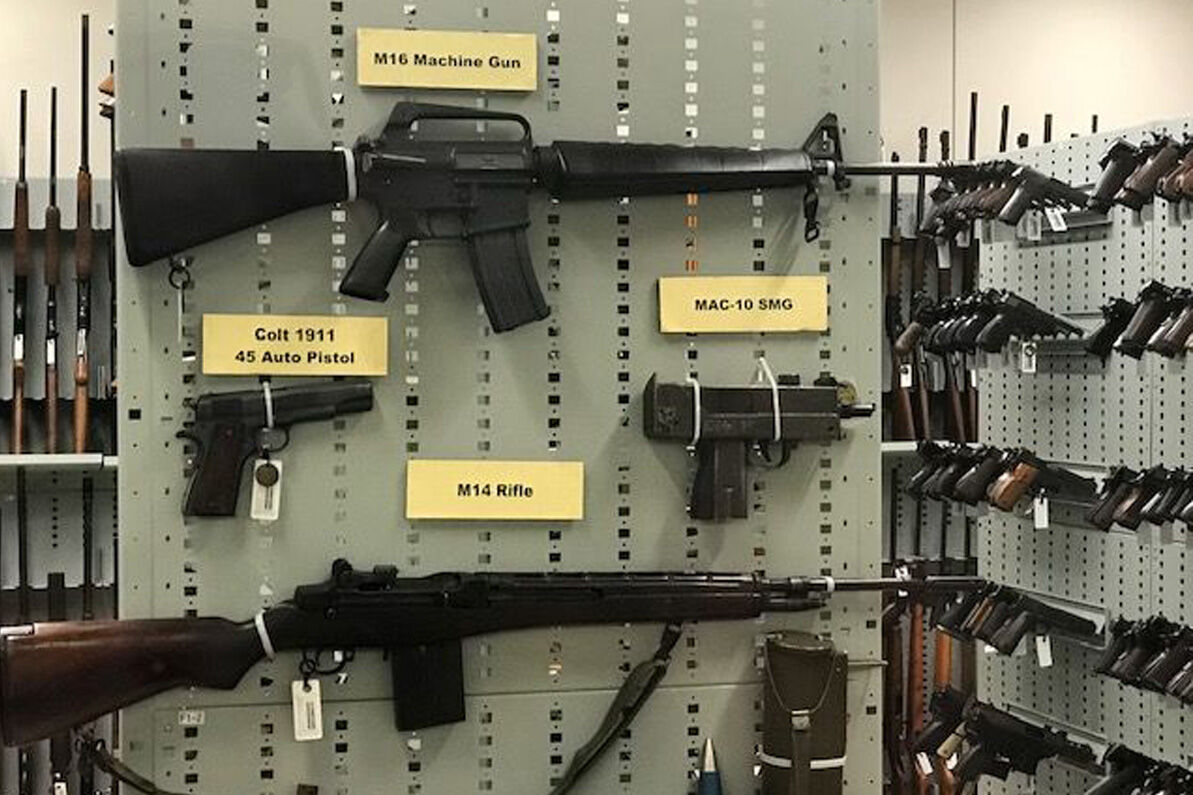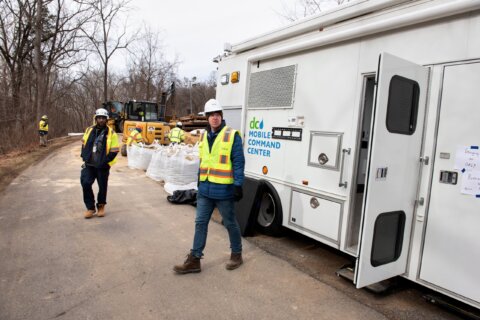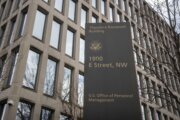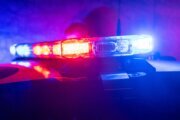
The embattled D.C. crime lab, already under investigation for its handling of a ballistics error in a murder case, has had its accreditation to perform forensic testing temporarily yanked.
The D.C. Department of Forensic Sciences’ accreditation was suspended April 2, according to a notice posted on the website of the ANSI National Accreditation Board (ANAB).
The suspension applies to the agency’s Forensic Sciences Laboratory Division and covers a wide range of forensic disciplines — not just the lab’s ballistics work — including DNA and fingerprint analysis as well as digital evidence analysis, according to the lab’s updated certification posted online. The lab is required to be accredited under the legislation creating the agency in 2011.
An email from DFS Director Jenifer Smith sent late Friday night to DFS staff said: “Late in the afternoon today, ANAB advised me that they have suspended the laboratory’s accreditation. The laboratory will be appealing this determination. I will keep you all informed as the situation progresses. I am proud of the work that all of you do everyday, especially during these unprecedented times.”
She closed the email with “WE ARE …. DFS!”
The lab, which is an independent D.C. agency with a director appointed by D.C. Mayor Muriel Bowser, is responsible for analyzing evidence from nearly all major crime scenes in the District, including firearms, DNA and fingerprints.
In a statement provided to WTOP Saturday afternoon, Chris Geldart, deputy D.C. mayor for public safety and justice, also said DFS would appeal the suspension and would challenge a possible accreditation withdrawal.
“We are implementing actions to ensure continuity of services through outside contract support while we will work with our judicial partners to assess and address the concerns and to ensure a fully accredited forensic crime lab that is independent of MPD and federal prosecutors,” Geldart said in the statement.
The suspension is for 30 days, according to the statement from Geldart.
In 2015, the same accrediting board found deficient practices in the lab’s DNA unit, which led to the lab temporarily halting all DNA casework for about nine months and the resignation of the lab’s former director.
The reason for the suspension of the lab’s accreditation was not disclosed. A phone call to Pamela Sale, vice president of forensics for ANAB, was not returned Saturday morning.
However, it follows a scathing report late last month from a team of experts hired by the U.S. Attorney’s Office for D.C. and the D.C. attorney general’s office to review the work of the lab’s Firearms Examination Unit, following the discovery of a series of errors at the lab that incorrectly linked cartridge casings from two 2015 killings to the same gun.
The report, which followed a nearly year-long review into the firearms unit’s practices, recommended the unit immediately cease its casework, citing “very serious” problems with lab management that have “cast doubt on the reliability of the work product of the entire DFS laboratory.”
The final audit report, which was made public in court papers filed late last month in D.C. Superior Court, included allegations that firearms unit managers pressured examiners, who were tasked with looking into the error, to change their findings in an apparent attempt to minimize the original error and then “misrepresented” the findings to the lab’s accrediting board, ANAB.
Specifically, the report claimed examiners were pressured by managers to reach an “inconclusive” finding in the case — meaning that the lab couldn’t say with certainty whether the casings were a match or not — even though an initial review by a lab supervisor after the error was discovered had concluded the shell casings were not, in fact, fired from the same gun.
The report concluded there are “very serious, and perhaps more troubling, problems associated with DFS management,” and that management at the agency “not only failed to properly address the conflicting results” but also “engaged in actions to alter the results reached by examiners assigned to conduct a re-examination of the evidence.”
The D.C. Office of the Inspector General opened a criminal investigation late last year to look into the allegations, according to court filings. The status of that investigation is unclear.
DC attorney general’s office: ‘Serious and concerning’
In a statement Saturday evening, a spokeswoman for D.C. Attorney General Karl Racine’s office called the suspension of the lab’s accreditation a “very serious and concerning outcome.”
The statement added: “But it is not surprising, given the significant issues raised in our Auditor’s final report. We hope it will be the first step in reforming the lab and rebuilding confidence in it. OAG hopes to again be able to call DFS forensic expert witnesses in criminal and juvenile cases once these troubling problems are addressed. When scientific evidence is presented in court, it’s essential that all sides and the public can trust its fairness and accuracy.”
D.C. Council member Charles Allen, who chairs the council’s judiciary and public safety committee, responded on Twitter Saturday afternoon to the report of the lab’s suspension, calling it “deeply concerning.” He said he would quickly call a public hearing into “this specific issue, its related consequences, and the suspension of DFS accreditation.”
This is deeply concerning, especially given the very recent oversight hearing on DFS. I will be calling a public hearing quickly into this specific issue, it’s related consequences, and the suspension of DFS accreditation. https://t.co/CMNacOhPjU
— Charles Allen (@charlesallen) April 3, 2021
Smith, the DFS director, appeared before Allen’s committee March 8.
For months, the lab has defended itself against the allegations, suggesting federal prosecutors had no authority to audit or investigate the lab, which is an independent agency under D.C. law, and questioning the independence of the experts the prosecutors selected. Separately, the lab has accused the prosecutor’s office of misconduct related to the disclosure of lab documents leading up to trials in D.C. Superior Court.
In addition, the lab also pointed to the decision by ANAB last October to reaccredit the lab after conducting an in-person review of the firearms unit over the summer.
Around the same time, the accrediting body also looked into an initial complaint raised by prosecutors last year that the lab had failed to properly investigate the casings error, but ultimately closed the complaint as “not valid,” DFS has maintained.
Smith, the lab director, told WTOP in an interview last fall that her department runs “a darn good lab,” and that the broader dispute with prosecutors over the firearms unit’s casework stemmed from differences in interpretation that are common in some fields of forensic science. She suggested the lab’s “inconclusive” findings indicated its examiners were more conservative in reaching conclusions about evidence than prosecutors preferred.
Before the latest allegations came to light, an ANAB official speaking at a January meeting of experts that advise the DFS director, said she had no reservations about the quality of the lab’s work and was “confident” the lab was following its protocols and meeting accreditation requirements.









